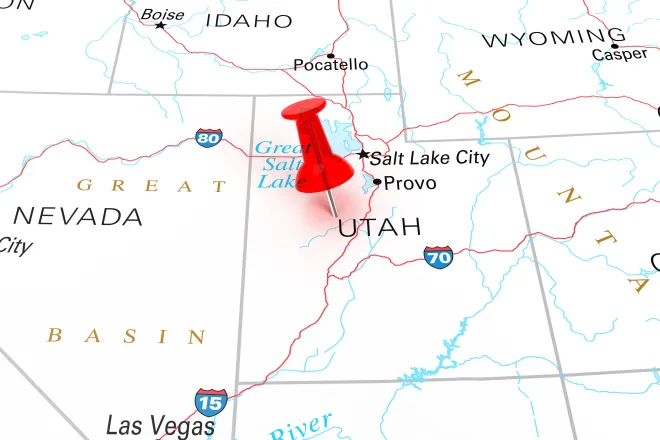
Wyoming safety net health centers eye ARPA to expand care
(Wyoming News Service) Wyoming lawmakers are set to distribute $85 million in federal pandemic relief for capital-improvement projects, and Tracy Brosius - the CEO of HealthWorks, a safety-net health center in Cheyenne - is getting in line.
While everyone wants to be finished with COVID, she said COVID is not finished with us. And as winter months creep closer, she said she does not want to see clinicians treating patients in parking lots in the snow again this year because of lack of space.
"So I just really think an investment in capital construction at this point in time," said Brosius, "would really be able to help us with the dignity of both my providers and our patients."
Brosius - who is also the incoming executive director of the Wyoming Primary Care Association - called the American Rescue Plan Act money a once-in-a-generation opportunity to access capital for Wyoming's federally qualified health centers that serve some 50,000 residents each year regardless of their ability to pay.
Senate File 0066, passed in the last session, tasks the State Loan and Investment Board - which includes Gov. Mark Gordon - to decide who will receive funding.
Brosius said the need for counseling and other behavioral health services exploded during the pandemic. She noted that expanding facilities will be critical for addressing COVID's long-term ripple effects on mental health.
"We have five clinicians at this point," said Brosius, "but physically we do not have enough space to hire another staff member, because we just don't have a space to put them. So therefore, we can't expand our services and treat more patients."
Wyoming's health centers contribute $71 billion a year in economic impact, but Brosius said they face unique challenges raising large sums required for construction projects.
She said she believes health centers are a good fit for federal funds because they predominately serve the state's most vulnerable populations.
"In many cases in Census tracts where people have low income levels and/or difficulties seeking care," said Brosius. "So this funding would allow us to build and access capital that most of our clinics are not able to generate for themselves."
















